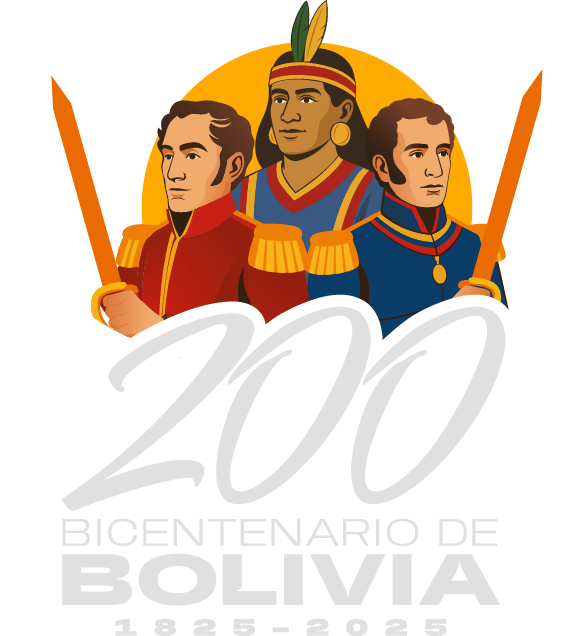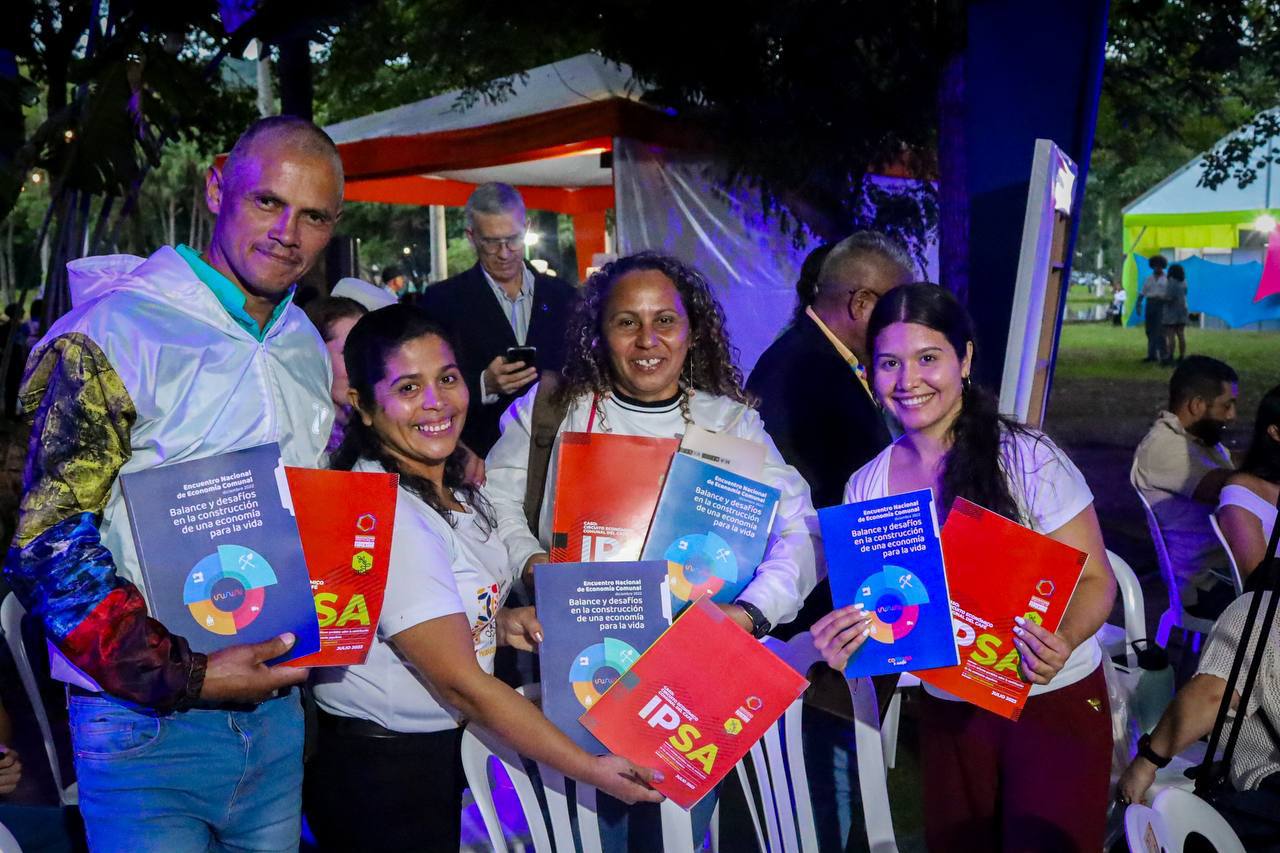Caracas, November 11, 2023 (Mincomunas Press) – In the framework of the International Book Fair of Venezuela (Filven 2023), presented the Second Periodic Report on the Contribution of Popular Economies to Food Sovereignty (Ipsa), focusing on the study of the Communal Economic Circuit of Coffee in Lara state.
The report addresses two crucial aspects. First, it highlights the National Meeting of Communal Economy of December 2022, which analyzed the construction of a life-oriented economy in the country.
Secondly, it sets out in detail the experience of this circuit, delving into its achievements and challenges.
Quality production
Mayreli Escalona, spokesperson of the Communal Economic Coffee Circuit in Lara State, highlighted how the circuit, which started its work a year and a half ago, experienced remarkable growth and progress.
She pointed out that, initially, seven economic circuits addressed different sectors such as coffee, potato, corn, cocoa, livestock, and textile and that over time, these circuits evolved and became stronger.
Escalona explained that, previously, policies focused on intermediaries, generating indebtedness for small producers.
“Efforts should not necessarily be for capital but for us to continue living well,” he said.
“We have the challenge of demonstrating that we can indeed make and produce quality for everyone and that it is not a marginal production,” he added.
Norkis Ramos, spokeswoman for the Comuna Sectores Unidos and circuit member, described how the union of communes made it possible to address common problems and generate collective solutions.
Edith Pineda, sociologist, and collaborator of the Venezuelan Observatory of Popular Economies, highlighted the importance of understanding and recognizing the concrete contribution of communal economies to the country’s food sovereignty.
Pineda explained that the report is the exhaustive result of data work systematization and characterization of the Communes involved.
He also emphasized that these publications seek to dismantle stigmas and demonstrate that communal economies can generate quality products for the benefit of the community.
Communal Banking
The Vice Minister of Communal Economy, Hernan Vargas, emphasized the importance of decentralizing production and economic distribution.
He emphasized that the Communes generate a more equitable distribution of wealth by organizing production locally and within the family.
He advocated the creation of decentralized financial structures, such as communal banks and savings and credit cooperatives, to strengthen the communal economy and ensure greater economic democracy.
“Communal banking and microfinance are fundamental to economic democracy. Both allow wealth to stay in the community, generating greater equality.”
Ricardo Patiño, former foreign minister of Ecuador and expert in foreign trade, explained that the Communes, decentralizing production and organizing themselves properly, contribute to a more equitable distribution of wealth from the beginning of the productive process.
The Ecuadorian politician advocated communal banking and microfinance as fundamental elements to strengthen economic democracy.
Patiño stressed that the Communes, decentralizing the economy, contribute to the economic sovereignty. In contrast, large companies may move their operations elsewhere, looking for more favorable conditions.



